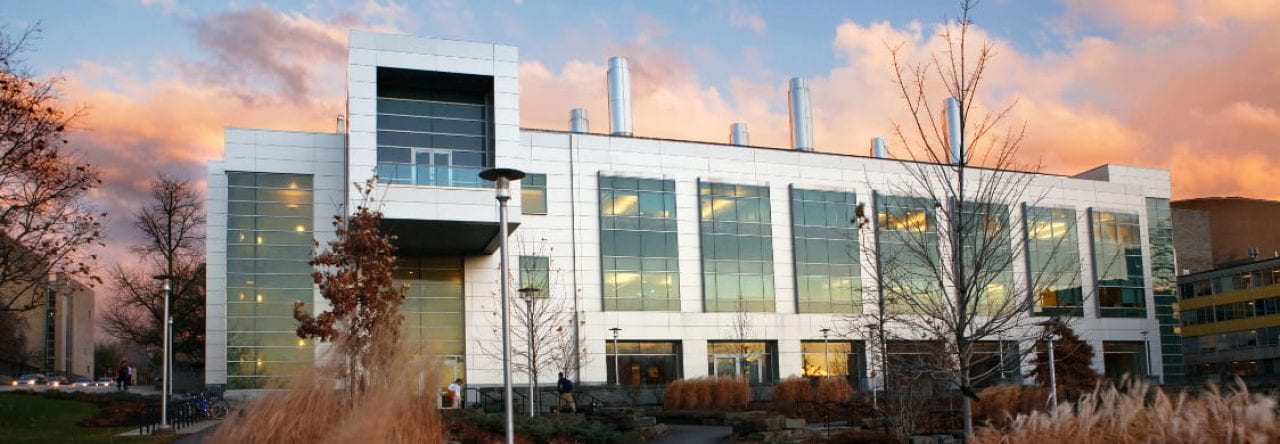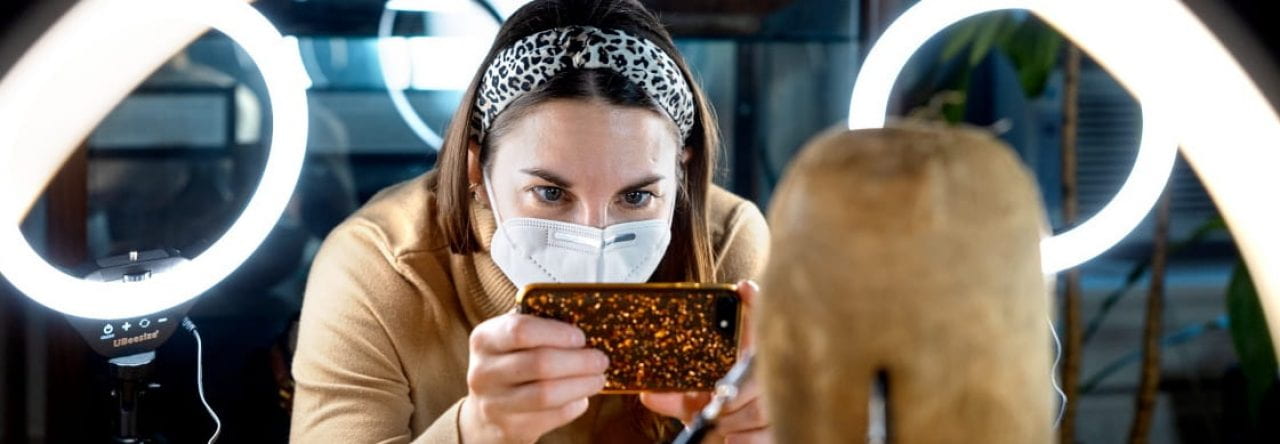Spotlight: Materials Science and Engineering
 Allison is from Palatine, Illinois and is studying Materials Science and Engineering and minoring in Fiber Science. She intends to pursue graduate school and a career in the Aerospace and Defense industries. Outside of the classroom and undergraduate research, Allison is a member of the Cornell University Unmanned Air Systems (CUAir), contributing to the materials selection and manufacturing of an unmanned aircraft. Her favorite place on campus is sunset at the Libe Slope overlook.
Allison is from Palatine, Illinois and is studying Materials Science and Engineering and minoring in Fiber Science. She intends to pursue graduate school and a career in the Aerospace and Defense industries. Outside of the classroom and undergraduate research, Allison is a member of the Cornell University Unmanned Air Systems (CUAir), contributing to the materials selection and manufacturing of an unmanned aircraft. Her favorite place on campus is sunset at the Libe Slope overlook.What is materials science and engineering? This is a question all of us in our 25-student graduating class are asked many times. At its core, materials science and engineering is combining atomic structure, manufacturing processes, chemistry and mechanics of materials to determine their final properties. This in turn impacts their suitability for different applications. Examples are everywhere! If you’re interested in metals, samurai swords have their traditional curve because of different cooling rates during their processing. Interested in electronics? Devices such as transistors, LEDs and solar cells function through combinations of semiconducting materials. How about ceramics? Recent advancements have resulted in the development of silicon carbide ceramic turbine blades, which are lighter and easier to maintain than metal. And polymers? Everywhere. Anytime there is plastic, a polymer was selected. Current research is exploring color changing polymers to indicate damage in hardware, as well as the development of conductive polymers to be used in clothing.
Core MSE coursework includes classes on mechanics of materials, electronic materials, thermodynamics of condensed systems, materials chemistry, kinetics and phase transformations as well as a course focusing on the atomic and molecular structure of matter. These are supplemented with materials design courses and electives that allow MSE students to explore different materials engineering applications.
Outside of the classroom, many MSEs are involved in undergraduate research. In addition to students performing research in the materials engineering department, MSEs collaborate with other disciplines and can be found in labs focused on bioengineering, chemical engineering and mechanical engineering. Many students also choose to join the Cornell Materials Society. This student group organizes workshops, professor debates and trips to museums and conferences. Past events have included a workshop on the materials science of taffy making, a debate on whether we are currently in the age of silicon or steel, and an annual spring trip to the Corning Museum of Glass.
Project teams are also a valuable opportunity, allowing students to develop important hands-on experience. While the traditional MSE project teams are Concrete Canoe and ChemE Car, I’ve found through my involvement on CUAir that a hardware-based project team is a source of inspiration, growth and support for an MSE. There will be opportunities to explore materials selection, manufacturing, materials testing, stress analysis and fracture control. There is no substitute for encountering and working through problems in a team-based environment.
My favorite thing about the MSE program at Cornell is the innovative and broad approach to materials engineering. Many other programs focus on one aspect of traditional materials science: metallurgy, electronics, polymers or ceramics. Here at Cornell, core classes cover a broad range of materials and applications, teaching the fundamentals and giving the students the freedom to pursue their interests. I came to Cornell with the goal of combining materials science and engineering with fiber science to improve first responder uniforms. While that interest has shifted to composite development, nowhere else would I have found the same degree of opportunity to explore the intersection of fields. By preparing its students with a strong foundation in how and why materials behave in different ways for a range of applications, the MSE program at Cornell prepares its students for opportunities in both industry and graduate school.
—Allison, materials science & engineering





